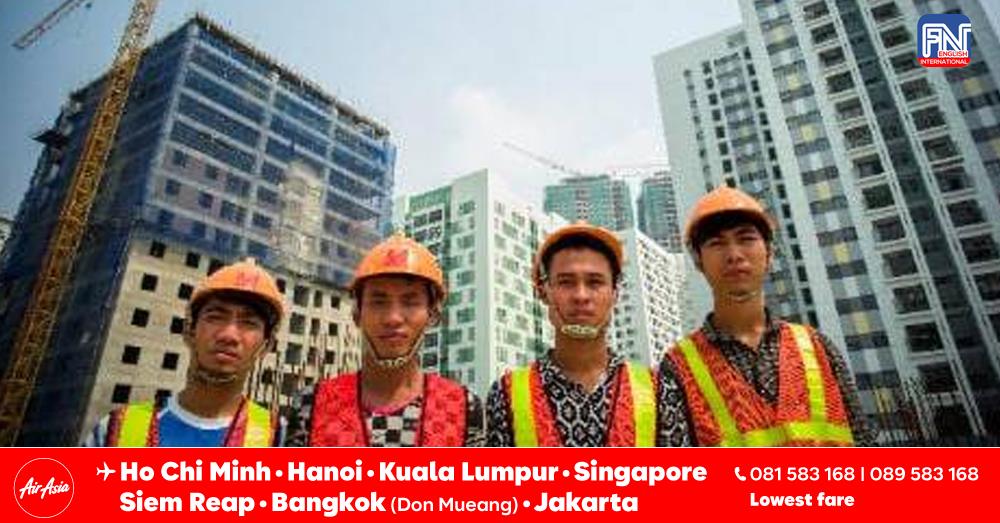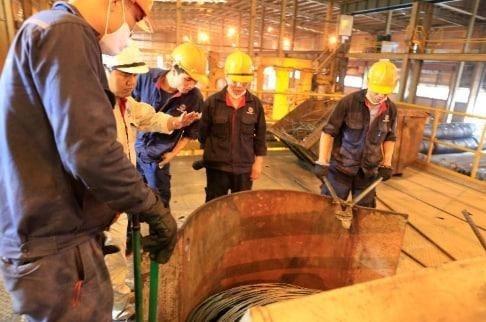Phnom Penh (FN), Apr. 17 – The Asia-Pacific region is one of the most disaster-prone areas in the world, facing significant threats due to climate change. Between 2000 and 2019, eight of the top 10 countries most affected by disasters and seven of the top 10 countries with the highest number of people impacted were located in this region. Climate change poses a major threat to livelihoods, employment, economic development, and environmental sustainability.
Labour-intensive industries are located in areas vulnerable to rising sea levels, with sectors such as agriculture, tourism, and hospitality already being affected. Many workers who lose their jobs are forced into the informal economy, which often results in low wages, limited social protection, and poor working conditions.
The Global Accelerator is a joint initiative launched by the United Nations Secretary-General in September 2021 to accelerate progress to achieve the Sustainable Development Goals (SDGs) and direct investments to address the decent jobs and social protection worldwide gap. According to the ILO Monitor on the world of work, in 2023, the global jobs gap is projected to stand at 453 million people and 4 billion people are still excluded from social protection. The Global Accelerator aims to respond to that gap by helping create millions of decent jobs, primarily in the green, digital and care economies, and extend social protection to the billions of people who are currently excluded. Cambodia is one of the leading Pathfinder countries for the Global Accelerator.
The environmental vulnerabilities caused by climate change are exacerbating poverty and inequality. It is crucial to support industries in transitioning to low-carbon production systems and to implement labour market policies, social protection, occupational safety and health, and skills training to help workers adapt.
In this context, Cambodia's construction industry faces a range of climate-related challenges. There is an urgent need for a transition to improve environmental sustainability and working conditions within the sector. Recognizing the urgency of addressing these issues, the ILO-Korea Partnership Programme is supporting Cambodia in its transition towards a low-carbon, environmentally sustainable, and fair economy. This transition is critical not only for the environment but also for ensuring decent work and promoting social protection for vulnerable workers.
This workshop will bring together key stakeholders in Cambodia to raise awareness of the necessity of a just transition in the context of Cambodia. During the workshop, it will share the ILO’s principles for a just transition and address current challenges and opportunities in the construction industry.
KLES is set to conduct diagnostic research on Cambodia's current policies and related circumstances regarding Just Transition. Through dialogue with social groups and stakeholders, the research will identify Cambodia's precise needs and solutions for implementing Just Transition.
Based on this, KLES will develop actionable short- and long-term roadmaps and action plans. The outcome may provide recommendations to help Cambodia, as a GA Pathfinder country, effectively implement Just Transition with the involvement of tripartite groups.
Reference site for GA
https://www.ilo.org/resource/other/ilo-and-global-accelerator-jobs-and-social-protection-just-transitions
https://www.unglobalaccelerator.org/
=FRESH NEWS






